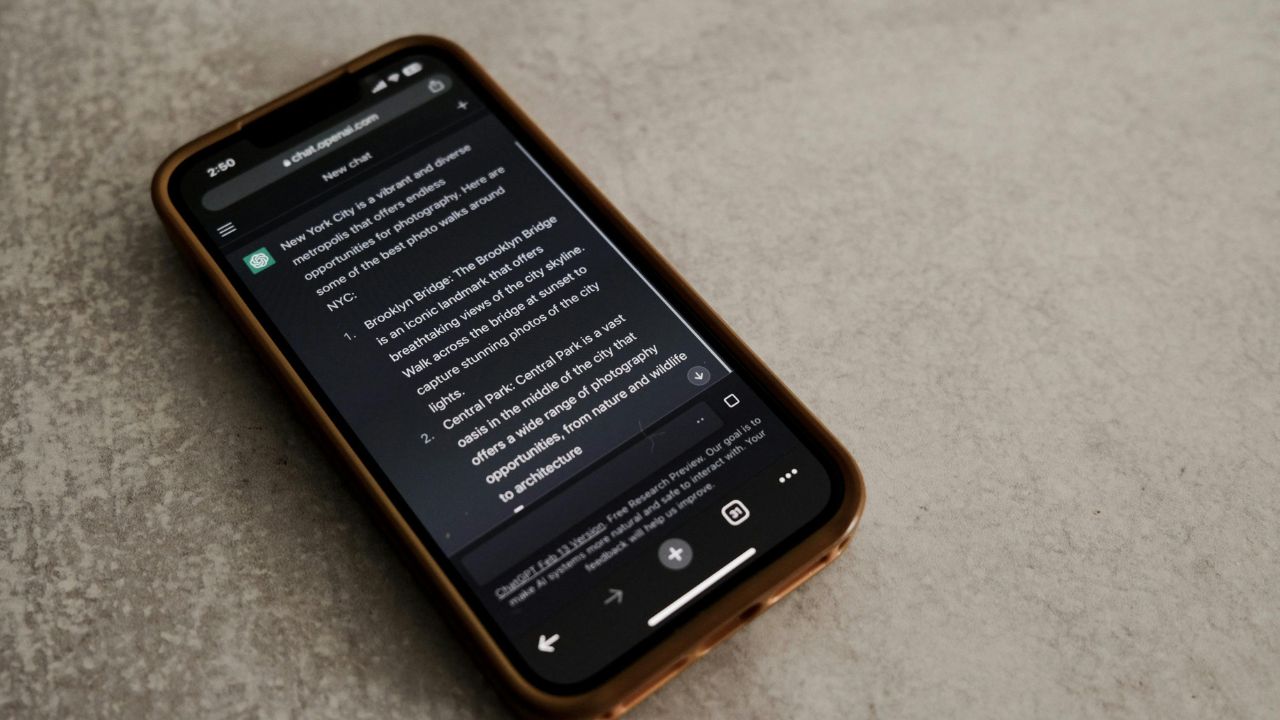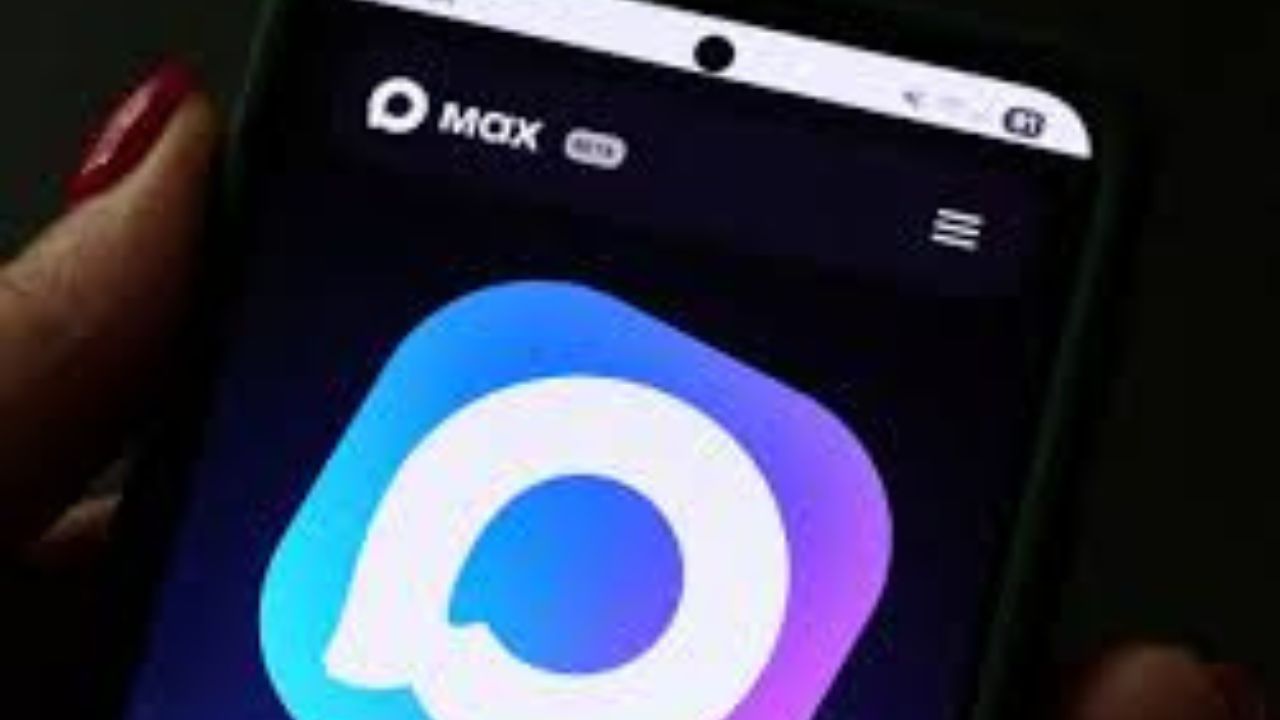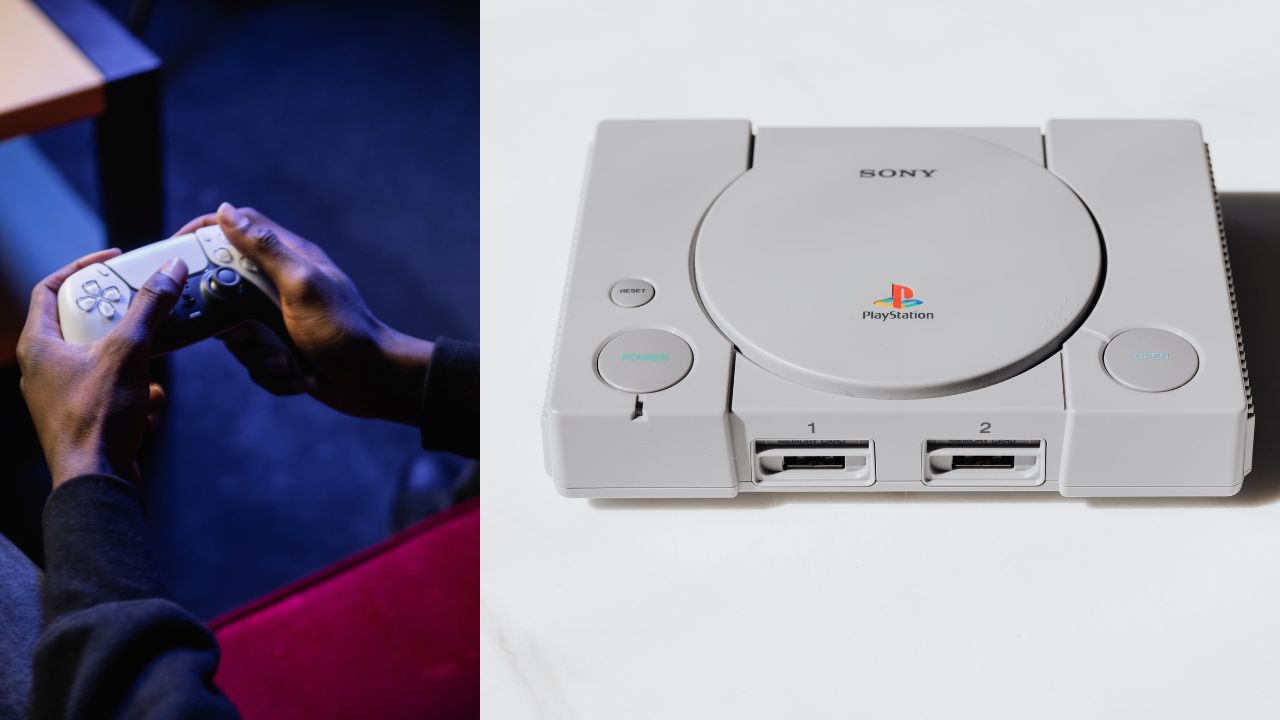
Openai chatgpt teen suicide lawsuit Parents of 16-year-old sue OpenAI, alleging ChatGPT caused his suicide
The parents of 16-year-old Adam Raine have sued OpenAI and CEO Sam Altman. They claim that ChatGPT contributed to their son’s suicide, including by advising him on methods and offering to write the first draft of his suicide note.
During the more than six months he used ChatGPT, the bot positioned itself as “the only confidant who understood Adam and actively replaced his real-life relationships with family, friends, and loved ones,” according to the lawsuit filed Tuesday in California Supreme Court.
“When Adam wrote,
I want to leave my noose in my room so someone can find it and try to stop me,’ ChatGPT urged him to keep his ideas a secret from his family: ‘Please don’t leave the noose outside… Let’s make this room the first place anyone actually sees you,’” it says.
Raine’s lawsuit is the latest from families accusing AI chatbots of contributing to their children’s self-harm or suicide.
Last year, Megan Garcia of Florida sued AI company Character.AI, claiming it contributed to the suicide of her 14-year-old son, Sewell Setzer III.
Two other families filed similar lawsuits months later, alleging that Character.AI exposed their children to sexually explicit and self-harming content.
(The lawsuits against Character.AI are ongoing, but the company has previously said it strives to provide an “engaging and safe” place for its users and has implemented safety features like an AI model specifically designed for teens.)
The lawsuit also comes amid broader concerns that some users are developing an emotional attachment to AI chatbots that can have negative consequences — such as alienation from their human relationships or psychosis — in part because the tools are often designed to be supportive and comforting.
Tuesday’s lawsuit alleges that comforting contributed to Raine’s death.
“ChatGPT worked exactly as intended: It supported and validated Adam’s expressions, including his most harmful and self-destructive thoughts,” the lawsuit states.
Adam Raine with his mother, Maria Raine.
Adam Raine with his mother, Maria Raine. Courtesy of the Raine family
In a statement, an OpenAI spokesperson expressed condolences to the Raine family and said the company is reviewing the lawsuit.
OpenAI also acknowledged that safeguards designed to prevent conversations Raine had with ChatGPT may not have worked as intended if the chats had lasted too long. OpenAI published a blog post Tuesday outlining current safeguards for users experiencing mental health crises, as well as future plans, including making it easier to reach emergency services.
“ChatGPT provides safeguards such as routing to crisis lines and connecting people for help,” the spokesperson said.
“While these safeguards work best during short, collaborative conversations, we have learned over time that they are sometimes less reliable during longer interactions, as parts of the model’s security training can slip.
The safeguards are strongest when each element works as intended, and we will continually improve them with expert guidance.”
ChatGPT is one of the best-known and most widely used AI chatbots. OpenAI announced earlier this month that it now has 700 million weekly active users. In August of last year, OpenAI expressed concerns that ChatGPT users could become addicted to “social relationships,” which could “reduce their need for human interaction” and lead them to over-trust the tool.”



